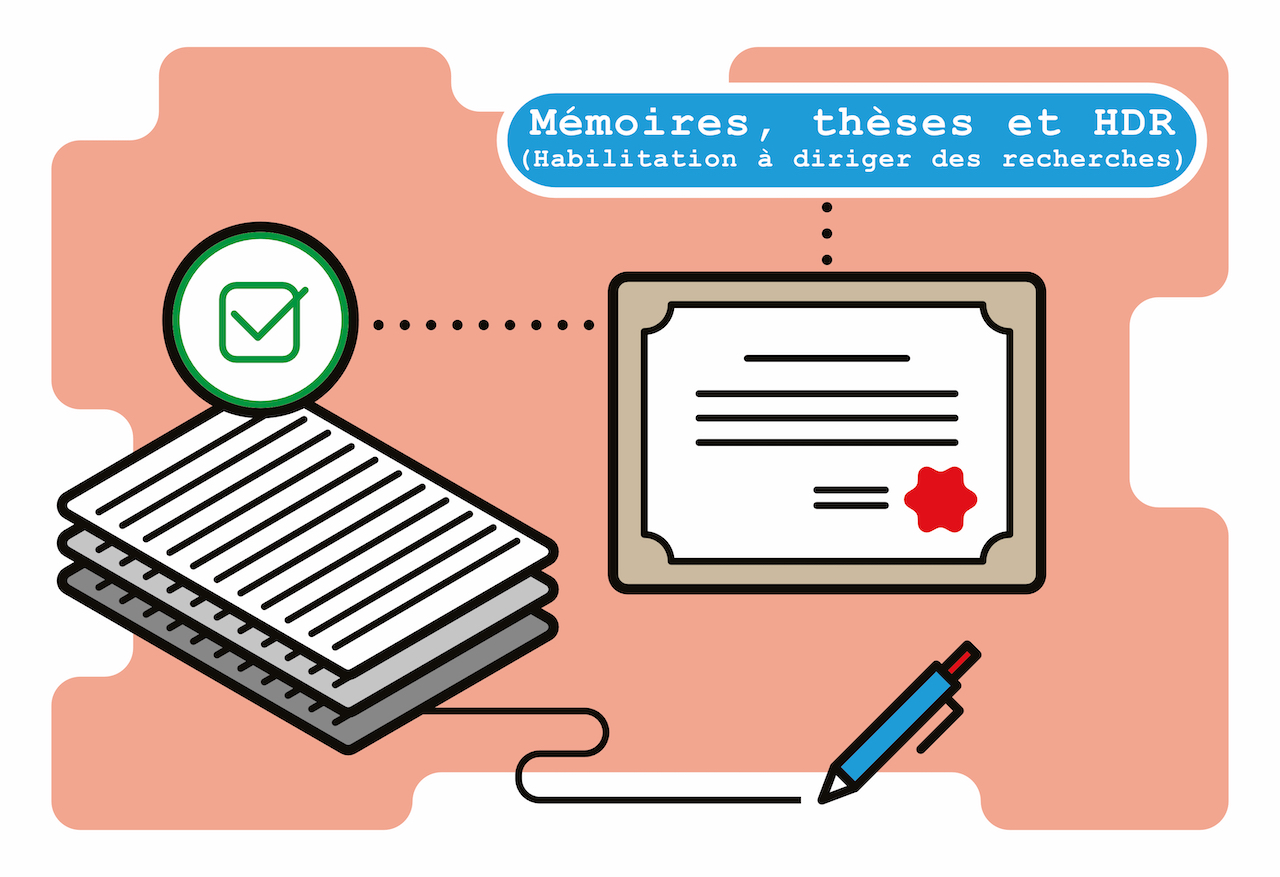Traces and uses of malebranchism in the Enlightenment novel (1712-1797) Traces et usages du malebranchisme dans le roman français des Lumières (1712-1797)
Fiche du document
7 juin 2024
- ISIDORE Id: 10670/1.73b708...
- NNT: 2024SORUL072
- tel: tel-05105088
info:eu-repo/semantics/OpenAccess
Sujets proches
Aufklärung Aufklärung Ilustración (Movimiento intelectual) Siglo de las Luces Oświecenie Siècle des Lumières Lumières, Mouvement des Philosophie des Lumières Pensée des Lumières Aufklärung Enlightenment Iluminismo IlustraciónCiter ce document
Henri Portal, « Traces et usages du malebranchisme dans le roman français des Lumières (1712-1797) », HAL SHS (Sciences de l’Homme et de la Société), ID : 10670/1.73b708...
Métriques
Partage / Export
Résumé
L'importance de Malebranche dans la pensée des Lumières est assez bien connue. L'oratorien n'a jamais cessé d'être lu tout au long du XVIIIe siècle, et si bien des éléments de son système philosophique passent pour des spéculations séduisantes mais invérifiables, il a pu s'imposer comme un interlocuteur stimulant pour bon nombre des penseurs majeurs de notre période. Même si certains critiques ont pu également souligner sa présence dans le discours romanesque, cette question n'a jamais fait l'objet d'une enquête globale. Pourtant, comme l'indique le cas de l'Ingénu occupé à lire La Recherche de la vérité, ou de Prévost rendant hommage à Malebranche au début de son conte Exemple merveilleux de la force de l'imagination, l'intertexte malebranchien n'a pas manqué de circuler abondamment dans la production romanesque du XVIIIe siècle, fût-ce d'une façon diffuse ou implicite. Il semble toutefois contestable de réduire l'étude de la réception romanesque du malebranchisme à l'identification informée de traces susceptibles de renvoyer aux convictions de l'oratorien. Le genre romanesque, loin de se borner à la seule transposition narrative des thèses de l'oratorien, apparaît plutôt comme le lieu d'une réappropriation critique des postulats centraux de la philosophie malebranchienne. C'est pourquoi, notre hypothèse serait qu'une enquête sur les traces et les usages du malebranchisme peut offrir un accès privilégié à la valeur philosophique du roman du XVIIIe siècle, lequel permet de relancer à nouveaux frais la recherche de la vérité.
